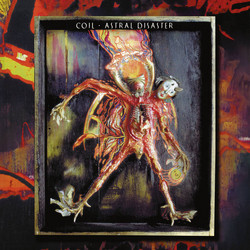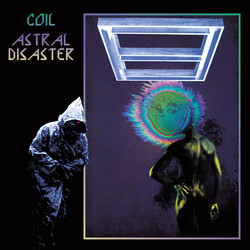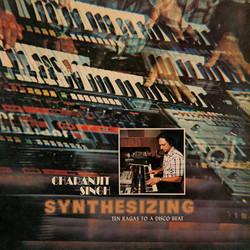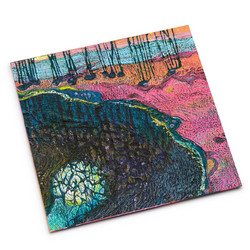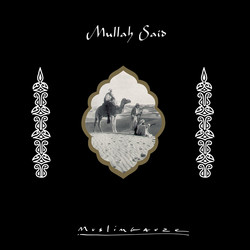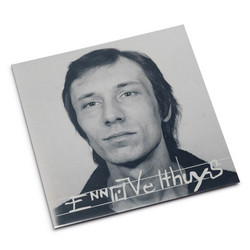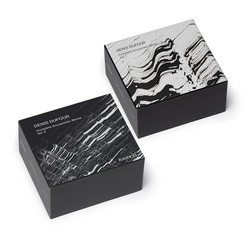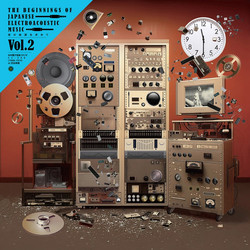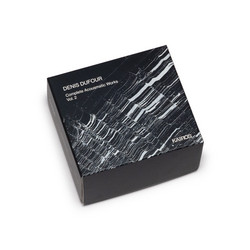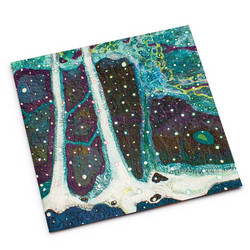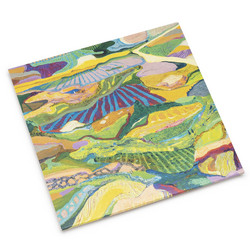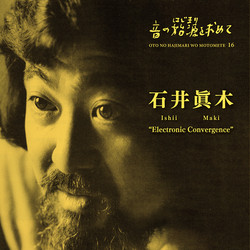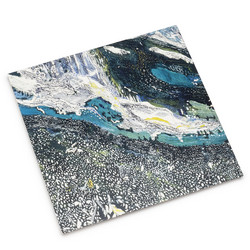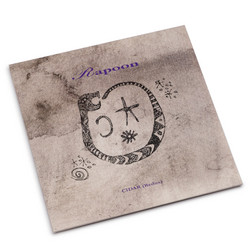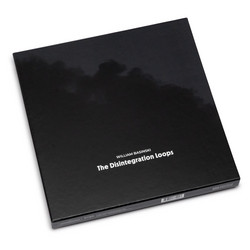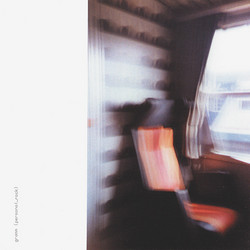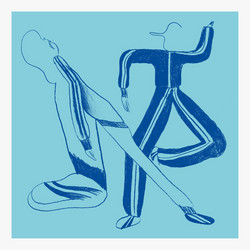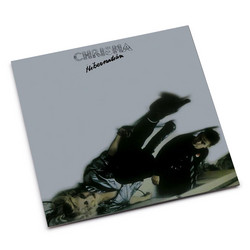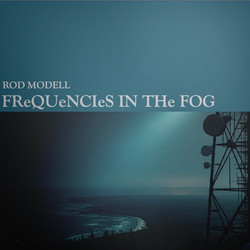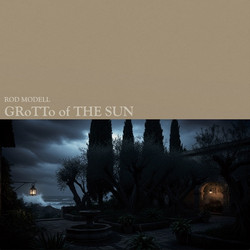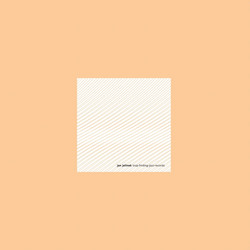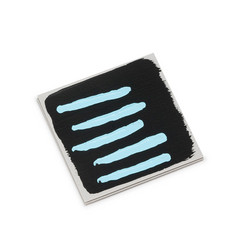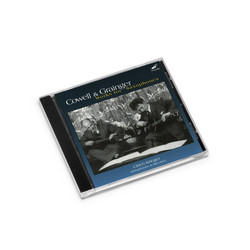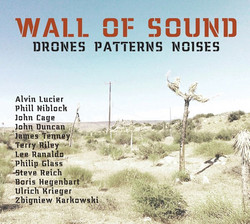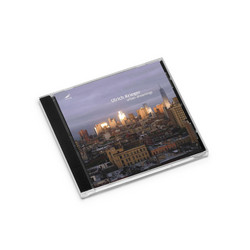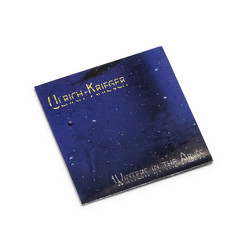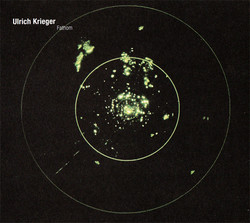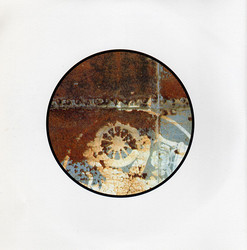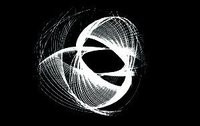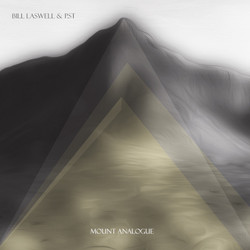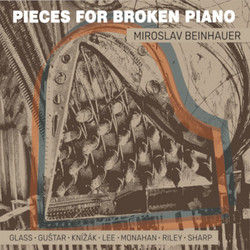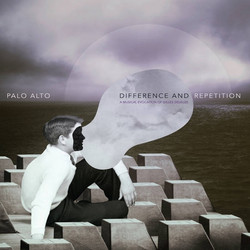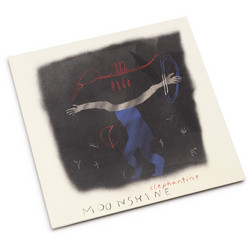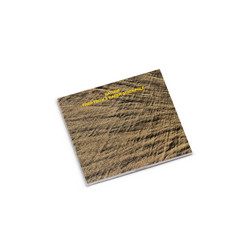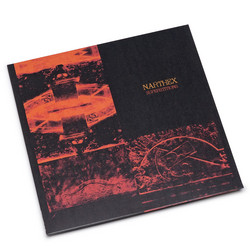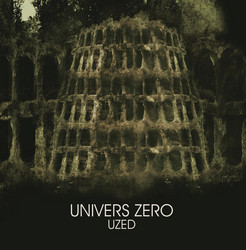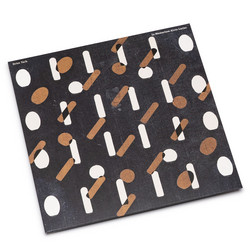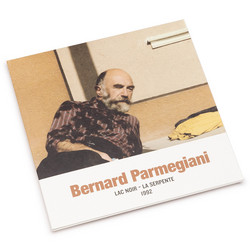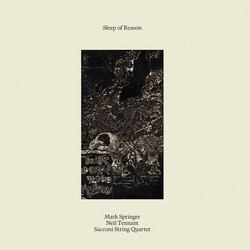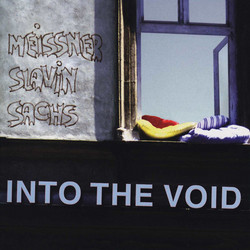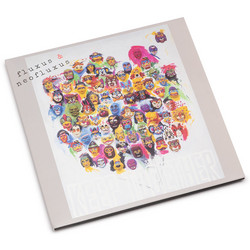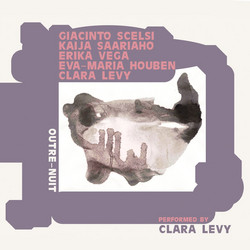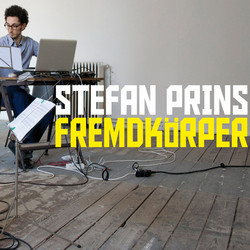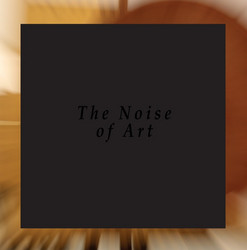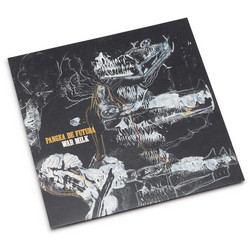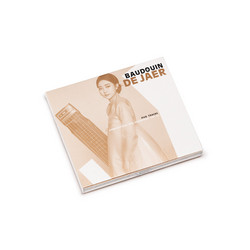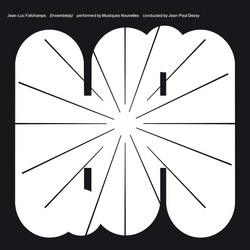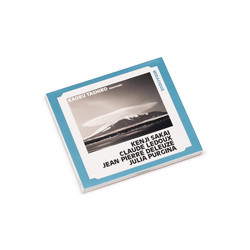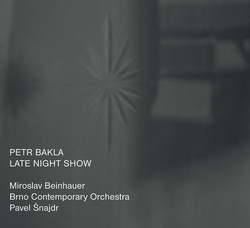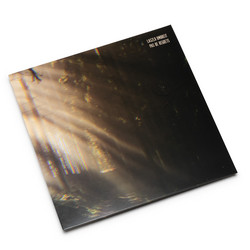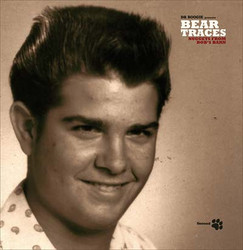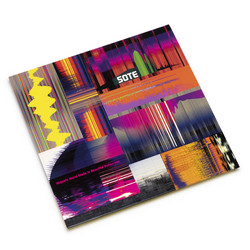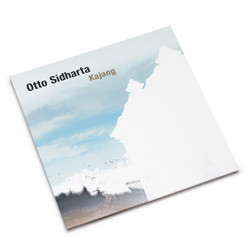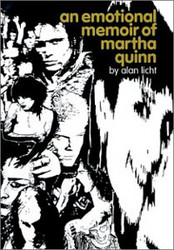'Music in Fifths' (1969) from Phillip Glass. 'Pendulum Music'(1968) from Steve Reich. 'Dorian Reeds' (1964) from Terry Riley. '1 + 1' (1968) from Phillip Glass. 'Reed Phase' (1967) from Steve Reich. 'Walls of Sound' is about what I call: 'static music' - music that isn't semantic, gestured, or narrative, that doesn't move or change atmospherically, and isn't dramatic or has a development in the traditional European sense. If it changes it does it very slowly. The emphasis lies on the 'aural sculpture' in which one enters not just with the ears, but also physically with the whole body, and eventually with your mind, altering your perception. Inside the sculpture, inside the static, there are endless changing details, variations and microcosms. In a certain way it is a modern form of trance or ritualistic music without a pre-fixed ritual. This work is about 'pattern music', general mostly referred to as 'Minimal Music'. A music that uses as its main technique repeated (modal) patterns, which get varied or shifted against each other, generating 'audio walls', taking the emphasis and attention away from the original melodic pattern material towards the aural sculpture, the acoustic phenomenon. This is true for the early American Minimalism before 1970, which still was very conceptual,and did hold a strong influence from Fluxus ('1+1', 'Pendulumn Music'). Riley and LaMonte Young had been active in the Fluxus scene. Also Conceptual Art, Minimal Art and Op Art were somehow related to and an influence for Minimal Music. Often the early Minimal Music pieces were just pure concepts (Pendulumn Music). This new music, which saw it's light in the 60ies in America, was anti- or at least non-European. Young American composers were trying to find alternatives away from extremely intellectual European 'New Music' aesthetics, techniques of Serialism, Ultra-Expressionism and Accademia. The main influences were non-European and non-American: mainly Indian classical music (Riley, Glass) and African music (Reich).' Ulrich krieger Ulrich krieger is well known as a saxophone player in contemporary composed and free improvised music as well as a composer of chamber music and electronic music. His recent focus lies in the experimental fields and fringes of contemporary pop culture, his old love. His works were performed by: oh-ton ensemble, Ensemble United Berlin, zeitkratzer, Ensemble Experimente, KontraTrio, Seth Josel, Matias de Oliveira Pinto, Soldier String Quartet, and many others. He worked with: Lou Reed, LaMonte Young, Phill Niblock, Lee Ranaldo, Elliott Sharp, Alan Licht, David First, Nick Didkovski, Butch Morris, Joseph Celli, DJ I-Sound, DJ Olive, Thomas Koener, Christian Marcley, Witold Szalonek, Mario Bertoncini, Miriam Marbe, Hans-Joachim Hespos, John Duncan, Zbigniew Karkowski, Merzbow, John White, Dietmar Diesner, and many more. Recent projects include: Text of Light (with Lee Ranaldo, Alan Licht, DJ Olive and others) zerfall_gebiete (with Thomas Köner) intersax (saxophone quartet).
a nice review in italian
Details
Cat. number: SR218
Year: 2005
Notes:
Recorded and mixed at: ww studios Berlin, 2002–2003. Barcode: 5411867112181
